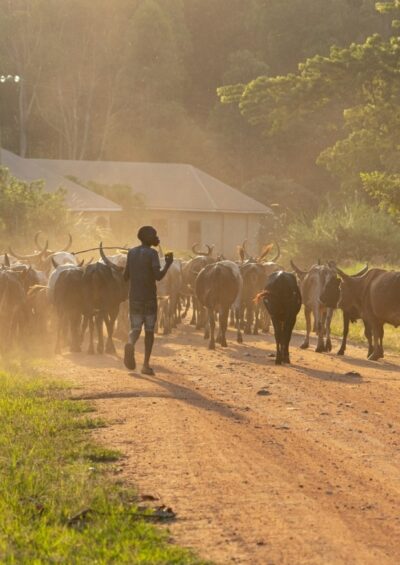Publications
Share


Peer-reviewed Papers
As climate change continues to accelerate, its multifaceted impacts will affect societies across the globe in increasingly complex and uneven ways. This study provides a comprehensive assessment of how socioeconomic factors interact with climate vulnerability up to the year 2100.
Briefings
This briefing helps SIDS advocate for global adaptation indicators that catalyse support, investment, and political will to scale up adaptation responses, not just track them.

Peer-reviewed Papers
New perspective piece argues climate overshoot – the temporary exceedance of the 1.5°C limit of the Paris Agreement – may not be relevant for short-term adaptation planning, but it should be considered for long-term plans and policies, such as infrastructure-based measures and for irreversible impacts such as sea-level rise.

Working Papers
With critical physiological limits to human heat tolerance drawing ever closer, this Comment highlights the urgent need to limit further climate warming and emphasises the adaptation challenge ahead.

Peer-reviewed Papers
This paper presents a decision-making framework to help livestock farmers in Eastern and Southern Africa select context-specific adaptation strategies in response to climate change. The framework uses a decision tree to evaluate options based on different climate scenarios and systems, offering tailored guidance for various livestock types and regions.

Briefings
With international efforts on climate action still not on track to limit warming to 1.5°C, technological fixes that aim to intentionally alter the Earth’s climate, such as solar geoengineering, might seem like appealing options for tackling global warming. But they come with questions in terms of feasibility, impacts and risks, governance and geopolitics, and who may or may not benefit.